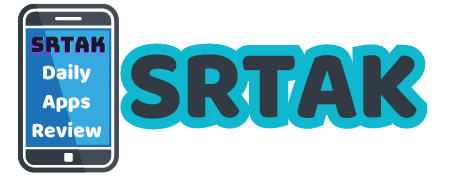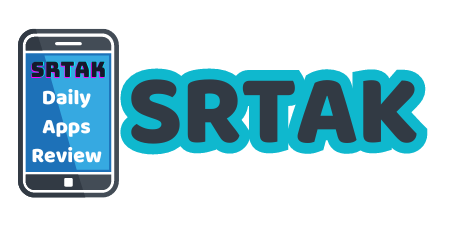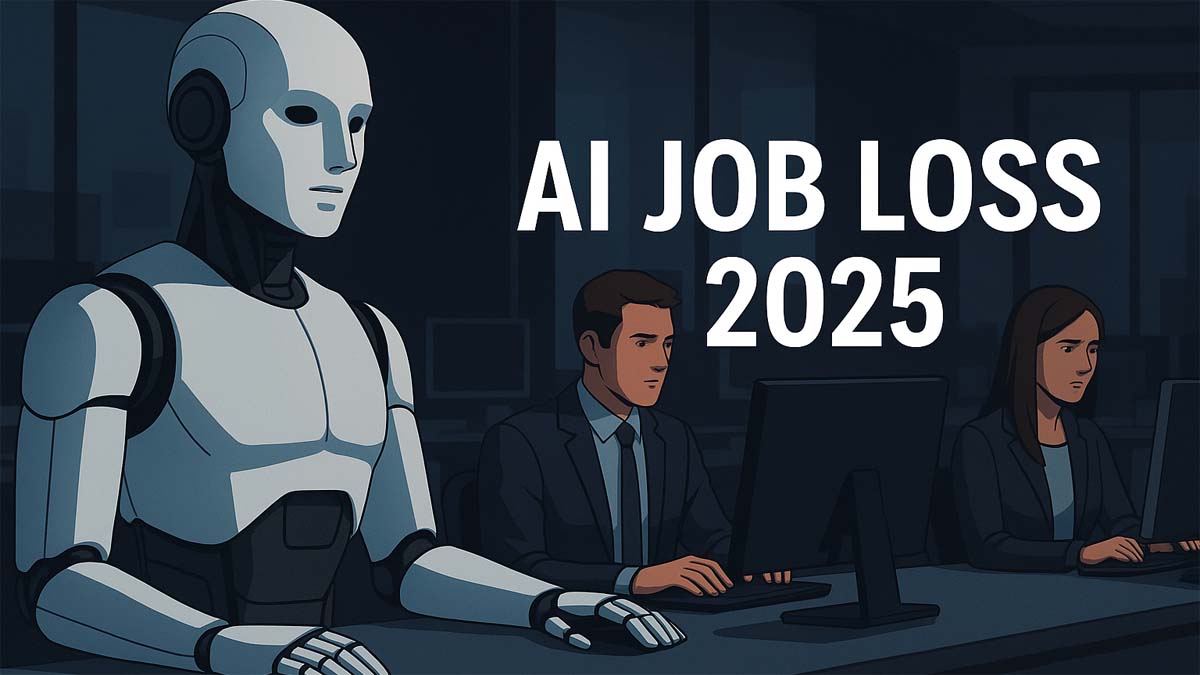AI Job Loss 2025 – How Artificial Intelligence is Changing the Future of Work
In 2025, artificial intelligence is no longer just a supporting technology — it has become the foundation of how industries function. From customer support chatbots and self-driving logistics to AI-driven marketing and automated healthcare diagnostics, artificial intelligence has begun to replace repetitive human tasks at scale.
While this revolution brings productivity and innovation, it also raises serious concerns about AI job loss and the future of work.
This article explores which jobs are most at risk, how economies are adapting, and what new opportunities are emerging in the AI-driven world.
The Global Shift Towards Automation
The World Economic Forum’s 2025 report estimated that by this year, AI automation could replace up to 85 million jobs globally, while simultaneously creating around 97 million new roles that require advanced digital and analytical skills.
(Source – WEF Future of Jobs Report)
Industries worldwide are moving toward automation for two reasons:
-
Efficiency: Machines and algorithms can process data faster than humans.
-
Cost Reduction: Companies can cut operational costs significantly by reducing repetitive human labor.
However, this doesn’t mean all jobs will vanish. Instead, the structure of work is evolving — with new skills becoming essential for survival in the modern workforce.
Jobs Most Affected by AI in 2025
Some industries are experiencing rapid automation as AI systems become capable of handling complex tasks once performed by humans.
1. Customer Support and BPO
AI chatbots, powered by large language models, can now handle multiple conversations simultaneously with contextual accuracy.
Companies like IBM Watson, Google Cloud AI, and Amazon Lex are leading this transition.
Many Tier-1 companies have reduced their offshore BPO dependencies by integrating AI-driven customer support systems.
2. Data Entry and Administrative Roles
Basic data handling tasks — such as spreadsheet updates, documentation, and scheduling — are being automated using AI assistants like Microsoft Copilot and Google Workspace Duet AI.
These tools can write emails, summarize reports, and manage calendars automatically.
3. Retail and Cashier Positions
AI-powered self-checkout kiosks and e-commerce automation have reduced the demand for in-store staff.
Retail giants like Amazon Go and Walmart AI Stores are investing heavily in cashierless shopping systems.
4. Transportation and Logistics
Autonomous vehicles and drones have reshaped logistics. Companies like Tesla, Waymo, and Uber Freight are using AI for routing, delivery optimization, and warehouse management.
By 2025, it’s estimated that 30% of delivery operations in Tier-1 countries use partial automation.
5. Media, Design, and Writing
Generative AI platforms such as ChatGPT, Claude, Gemini, and Midjourney are transforming the creative industry.
While these tools assist professionals, they also threaten entry-level positions in content writing, design, and media production.
Jobs That Are Growing Because of AI
While some jobs are being automated, others are expanding rapidly as a direct result of AI adoption.
1. AI Engineers and Machine Learning Specialists
Demand for AI model training, data labeling, and prompt engineering has increased dramatically.
Tech firms across the U.S. and India are hiring AI engineers at record levels.
(Source – LinkedIn Workforce Report 2025)
2. Data Scientists and Analysts
Businesses rely on professionals who can interpret data from AI systems and make actionable decisions.
Data visualization and analysis remain human-driven fields requiring domain expertise.
3. Cybersecurity Experts
As AI systems handle more critical infrastructure, protecting them from malicious attacks becomes vital.
Cybersecurity analysts specializing in AI risk management are among the most in-demand professionals in 2025.
4. Human-AI Collaboration Managers
New job roles focus on training employees to work efficiently with AI systems. These professionals ensure ethical AI usage and productivity alignment.
5. AI Ethics and Policy Specialists
Governments and corporations are hiring ethics professionals to ensure compliance with AI regulations, privacy standards, and fair automation policies.
How Governments Are Responding
Governments across Tier-1 and Tier-2 countries are developing frameworks to protect workers affected by automation.
-
European Union: The EU’s Artificial Intelligence Act 2025 sets ethical standards for automation and mandates transparency in algorithmic decision-making. (European Parliament AI Act)
-
United States: The U.S. Department of Labor introduced AI Reskilling Grants for displaced workers.
-
India: Initiatives under the Digital India Mission 2.0 focus on AI literacy and upskilling programs.
These actions show that while AI may displace certain jobs, national strategies aim to create a balanced workforce transformation.
How to Stay Relevant in the AI Job Era
As AI continues to evolve, adapting to its presence is not optional. Here are practical ways for professionals to future-proof their careers:
1. Upskill in AI and Automation
Learn tools like Python, TensorFlow, and OpenAI API integration.
Online platforms such as Coursera, Udemy, and edX offer certified AI and data science courses.
2. Embrace Continuous Learning
Technical skills evolve rapidly. Staying current through online learning and AI newsletters helps professionals adapt quickly.
3. Develop Soft Skills
Empathy, critical thinking, creativity, and communication remain human strengths that AI cannot replicate.
4. Understand AI Tools in Your Industry
AI adoption differs across industries. Marketing professionals benefit from learning ChatGPT or Jasper AI; engineers can explore AutoCAD AI or SolidWorks Assistant.
5. Build an AI-Integrated Career Strategy
Rather than competing with AI, leverage it. Use AI to automate repetitive work and focus on high-value, creative decision-making.
The Human Element Still Matters
Despite AI’s rise, the demand for human judgment remains irreplaceable.
Complex problem-solving, emotional intelligence, and ethical reasoning are traits unique to humans.
While automation may redefine roles, humans will continue to guide AI systems, ensure fairness, and shape the ethical use of technology.
As McKinsey’s 2025 report concludes, AI will not eliminate work — it will redefine it.
(McKinsey Global Institute Report)
Final Thoughts
AI job loss in 2025 is not just a challenge; it is a transition point for the global workforce. The key to success lies in adaptation, upskilling, and embracing collaboration between humans and AI systems.
Industries are changing faster than ever, but those who learn to integrate AI into their workflow will thrive in the coming decade.
The real threat is not AI replacing humans — it is humans failing to evolve with AI.


